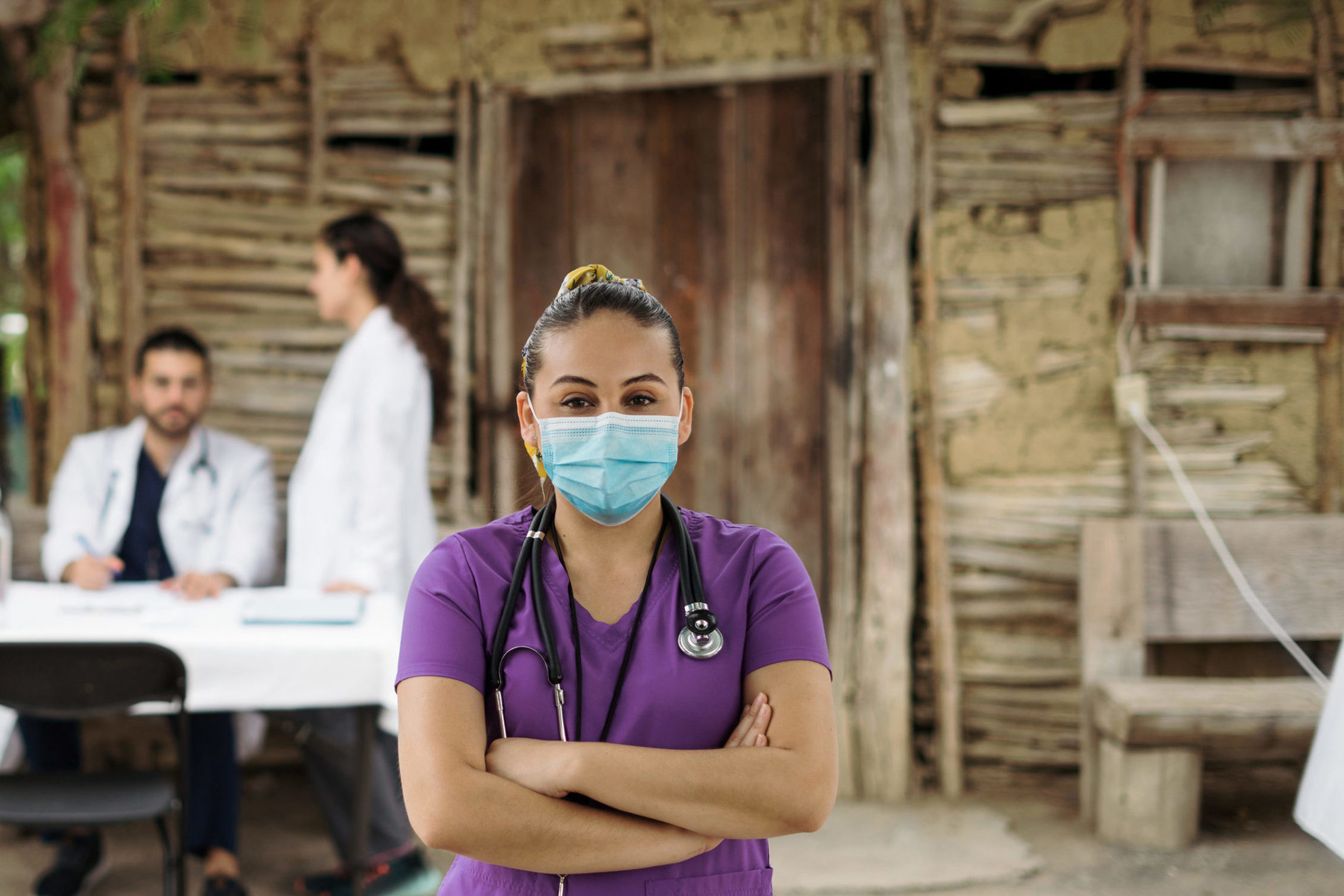This report provides an update to COVID CIRCLE’s 2021 report, ‘Funding and undertaking research during the first year of the COVID-19 pandemic’.
Global funders want to learn from the process of funding and undertaking research during the COVID-19 pandemic, to inform ongoing responses within this pandemic and in future epidemics and pandemics.
They therefore created the COVID-19 Research Coordination and Learning Initiative (COVID CIRCLE) to provide insights and recommendations to research funders, using evidence on the research response from funders and researchers across Low- and Middle-Income Countries (LMICs).
COVID CIRCLE is delivered by the UK Collaborative on Development Research (UKCDR) and the Global Research Collaboration for Infectious Disease Preparedness (GloPID-R).
To facilitate this learning, a set of seven principles, ‘Funder Principles for Supporting High-Quality Research for the Most Pressing Global Needs in Epidemics and Pandemics’ was developed. These are known as the Funder Principles. These facilitate the alignment of research funders around coordinated efforts for supporting high-quality research, particularly in times of epidemics and pandemics.
This report provides specific recommendations for action by funders to improve the implementation of the Funder Principles.
What you’ll find in this report:
- Information on research funding activities during the first two years of the COVID-19 pandemic, including analysis from COVID CIRCLE’s Funded Research Tracker;
- Lessons learnt on enablers and challenges to fulfilling the Funder Principles. These were elucidated through COVID CIRCLE surveys and stakeholder consultations, and are mapped in the report against the Funder Principles and associated potential solutions;
- Recommendations for research funders. These include the need for greater long-term funding of networks that provide the capacity to pivot to emerging diseases; the need for greater guidance, support and systems to realise open science; and greater global coordination including joint funding mechanisms.
Case studies
Six case studies involving research projects and programmes that have demonstrated innovative best practice in research in epidemics.
Each case study highlights factors of success in applying one or more of the Seven Funder Principles for supporting high-quality research for the most pressing global needs in epidemics and pandemics, to inform future funding and research practice.

